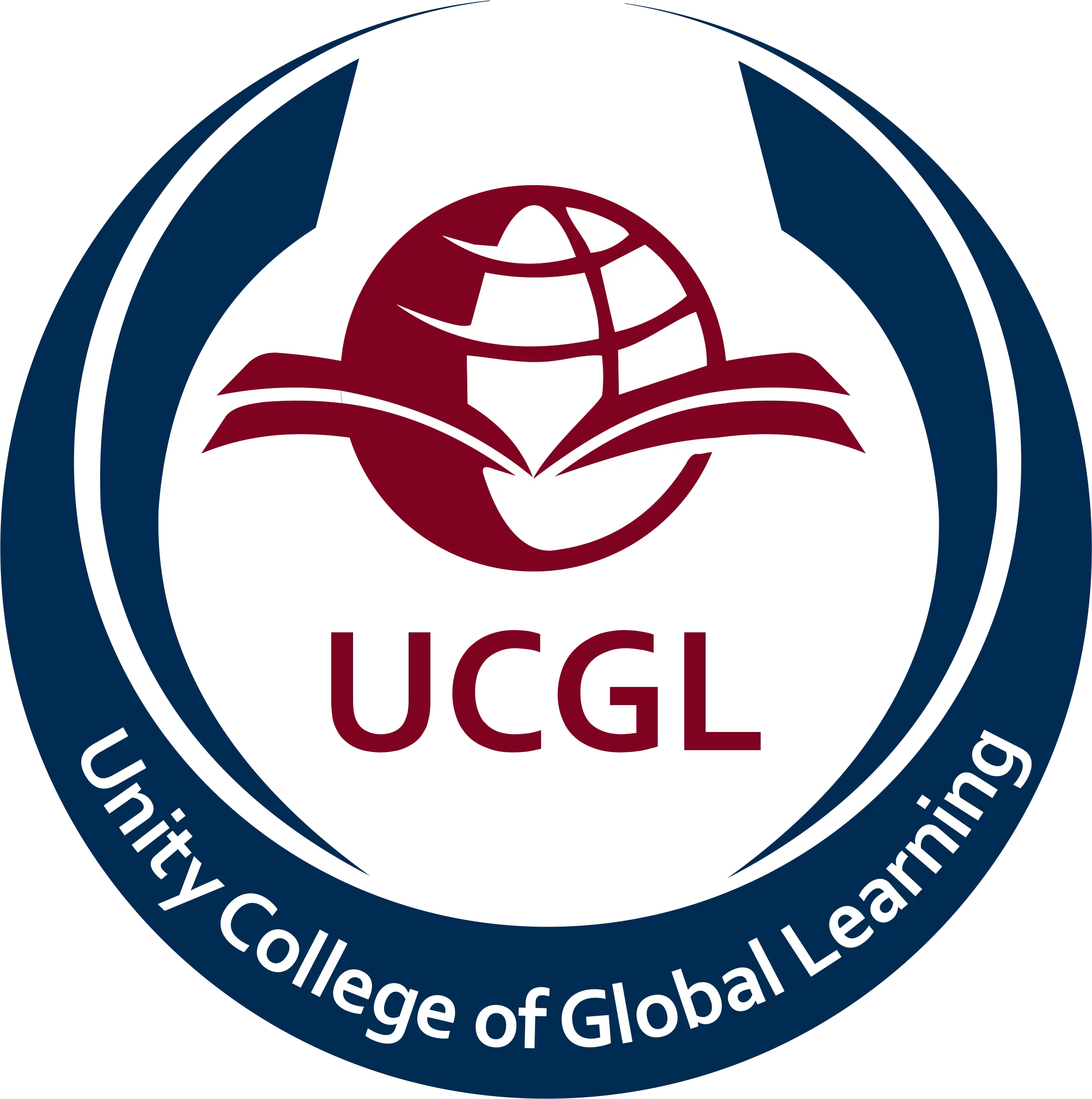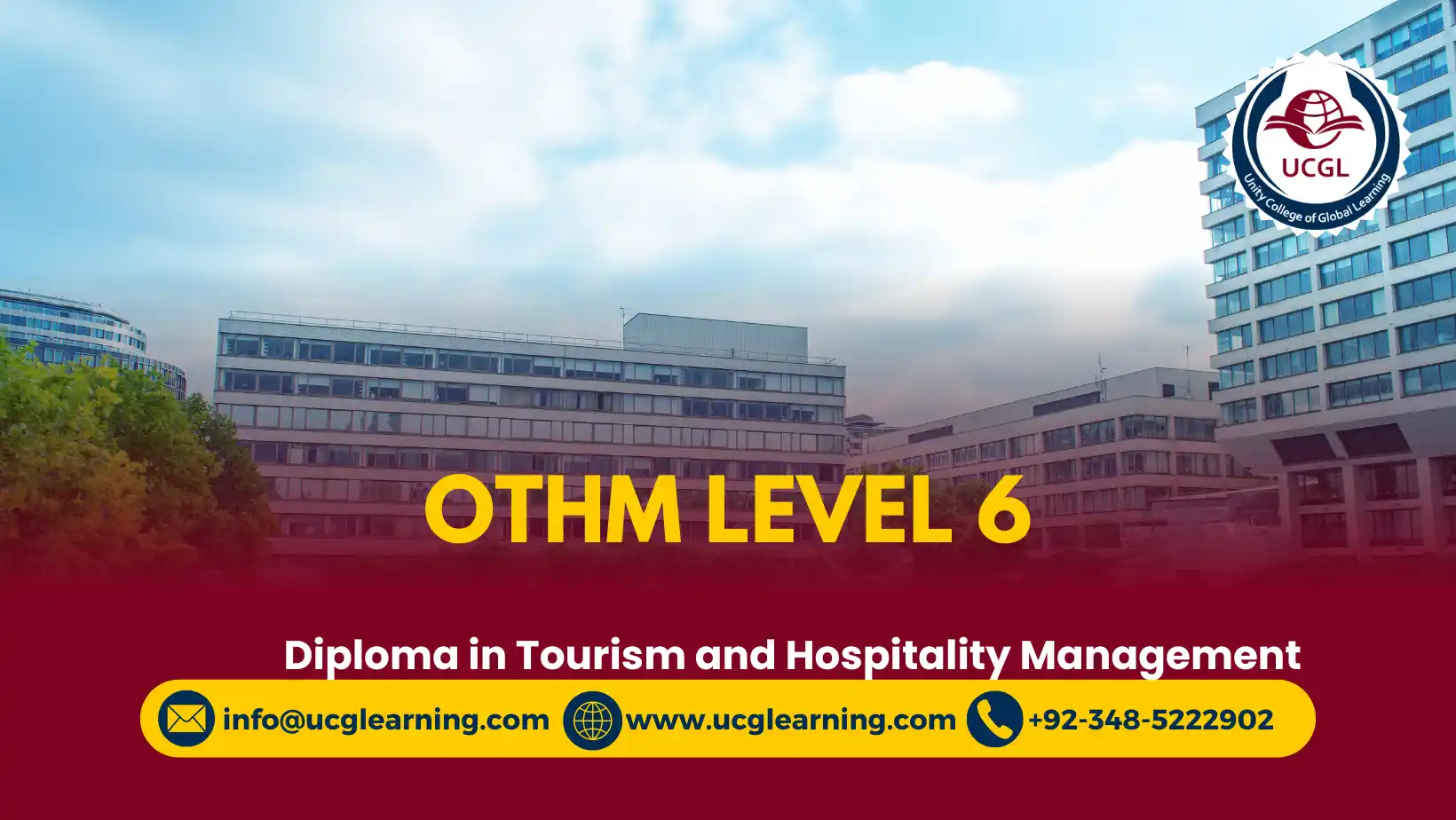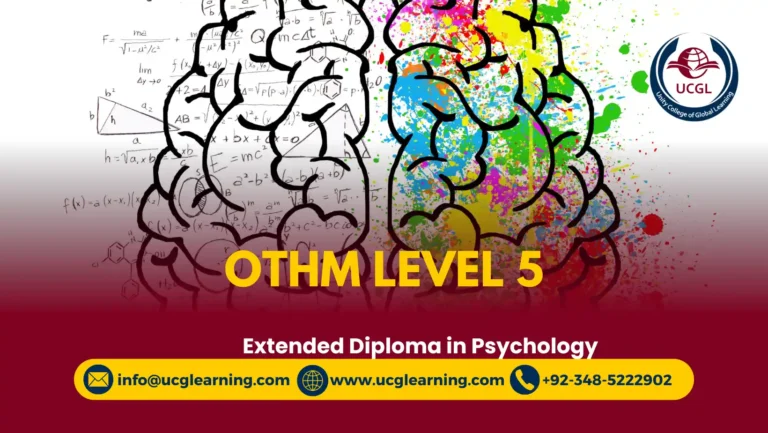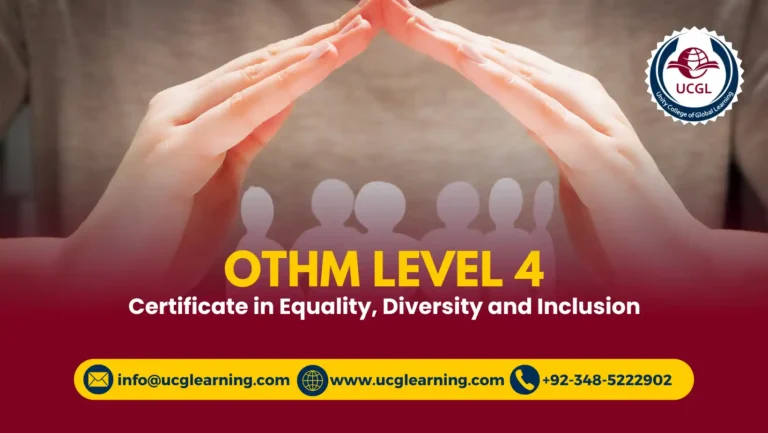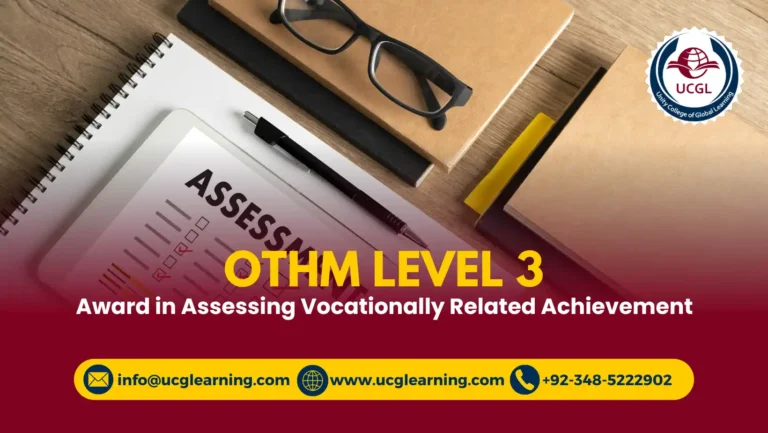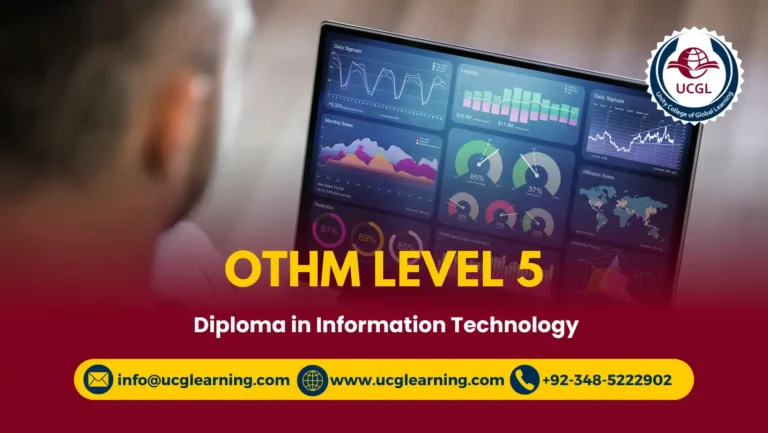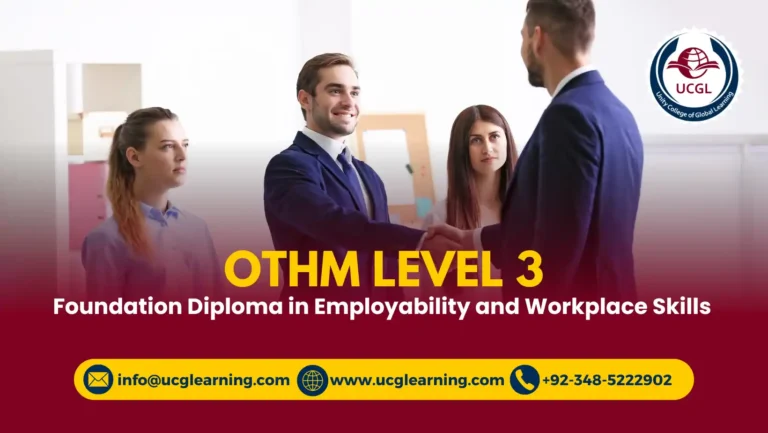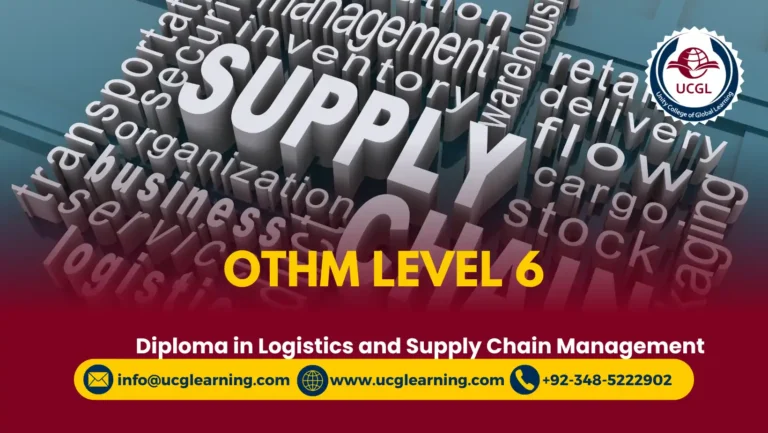OTHM Level 6 Diploma in Tourism and Hospitality Management
This diploma program offers a comprehensive curriculum that covers various aspects of tourism and hospitality management. From understanding the fundamentals of the industry to mastering advanced management techniques, this course provides a well-rounded education that is both theoretical and practical. The program is ideal for those seeking to enhance their career prospects and achieve a higher level of professionalism in the field.
Course Introduction
The tourism and hospitality industry is one of the fastest-growing sectors worldwide, offering a plethora of opportunities for those with the right skills and qualifications. The Level 6 Diploma in Tourism and Hospitality Management is designed to equip you with advanced knowledge and practical skills, preparing you for leadership roles in this dynamic industry.
Course Benefits
- Advanced Knowledge: Gain in-depth understanding of tourism and hospitality management principles.
- Practical Skills: Develop essential skills through real-world case studies and practical assignments.
- Career Advancement: Enhance your qualifications and increase your chances of securing leadership positions.
- Networking Opportunities: Connect with industry professionals and peers, expanding your professional network.
- Flexible Learning: Benefit from a flexible study schedule that allows you to balance work and education.
Course Study Units
- Strategic Marketing (20 credits)
- Tourism Policy and Planning (20 credits)
- Organisational Behaviour and Performance (20 credits)
- Technology in the Tourism and Hospitality Industry (20 credits)
- Tourism and International Development (20 credits)
- Researching Tourism and Hospitality Management (20 credits)
Learning Outcomes
- Strategic Marketing (20 credits):
- Analyze market trends and consumer behavior to develop strategic marketing plans.
- Identify target markets and design marketing strategies to achieve organizational goals.
- Utilize marketing mix elements (product, price, place, promotion) effectively in tourism and hospitality contexts.
- Evaluate the impact of digital marketing strategies and social media on tourism and hospitality businesses.
- Tourism Policy and Planning (20 credits):
- Examine policies and regulations governing tourism development at local, national, and international levels.
- Analyze stakeholders’ roles and interests in tourism policy formulation and implementation.
- Develop sustainable tourism plans that balance economic growth with environmental and cultural preservation.
- Evaluate the effectiveness of tourism policies and strategies in achieving socio-economic objectives.
- Organisational Behaviour and Performance (20 credits):
- Analyze theories and models of organizational behavior within tourism and hospitality organizations.
- Assess factors influencing employee motivation, job satisfaction, and organizational performance.
- Apply leadership and management strategies to enhance organizational effectiveness and employee productivity.
- Evaluate organizational culture and its impact on employee engagement and customer satisfaction.
- Technology in the Tourism and Hospitality Industry (20 credits):
- Assess the role of technology in enhancing guest experiences and operational efficiency in tourism and hospitality.
- Implement technological innovations such as AI, IoT, and data analytics to optimize business processes.
- Evaluate the impact of digital platforms and online booking systems on tourism and hospitality services.
- Address cybersecurity and data privacy concerns related to technology adoption in the industry.
- Tourism and International Development (20 credits):
- Examine the relationship between tourism development and socio-economic growth in international contexts.
- Evaluate the impacts of tourism on local communities, cultures, and environments.
- Analyze strategies for sustainable tourism development and responsible tourism practices.
- Assess the role of international organizations and policies in promoting tourism as a tool for development.
- Researching Tourism and Hospitality Management (20 credits):
- Design and conduct research studies using appropriate methodologies in tourism and hospitality management.
- Critically analyze literature and case studies to inform research questions and hypotheses.
- Present research findings effectively through written reports and academic presentations.
- Apply ethical guidelines and considerations when conducting research in tourism and hospitality.
These learning outcomes aim to equip students with the knowledge, skills, and competencies necessary for careers in strategic marketing, tourism policy and planning, organizational behavior, technology integration, international development, and research within the tourism and hospitality industry.
Who is This Course For?
This course is ideal for:
- Aspiring Managers: Individuals seeking to move into management roles within the tourism and hospitality sectors.
- Industry Professionals: Those currently working in the industry who wish to enhance their skills and qualifications.
- Recent Graduates: Graduates with a background in tourism, hospitality, or related fields looking to advance their careers.
- Career Changers: Professionals from other industries who want to transition into tourism and hospitality management.
Future Progression
Upon completing the Level 6 Diploma in Tourism and Hospitality Management, you can pursue:
- Higher Education: Enroll in a Master’s degree or other advanced qualifications in tourism, hospitality, or related fields.
- Career Advancement: Take on leadership roles such as hotel manager, tourism consultant, event planner, or travel agency manager.
- Entrepreneurial Ventures: Start your own business in the tourism and hospitality industry.
- Specialized Certifications: Obtain additional certifications in niche areas like luxury hotel management, sustainable tourism, or hospitality technology.
